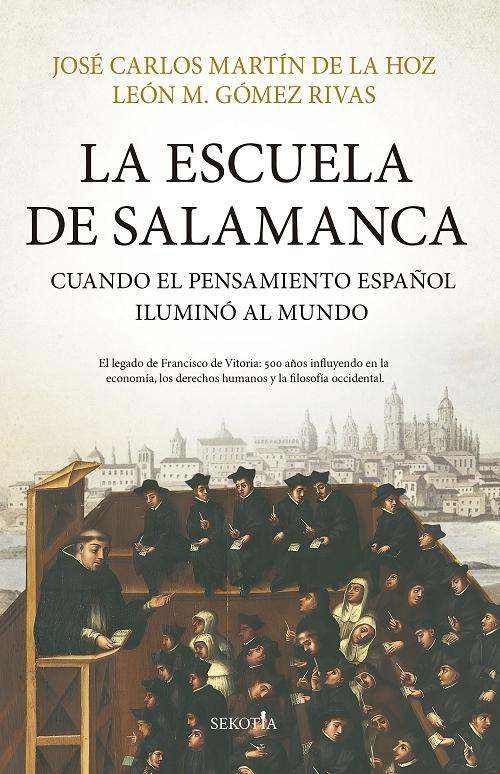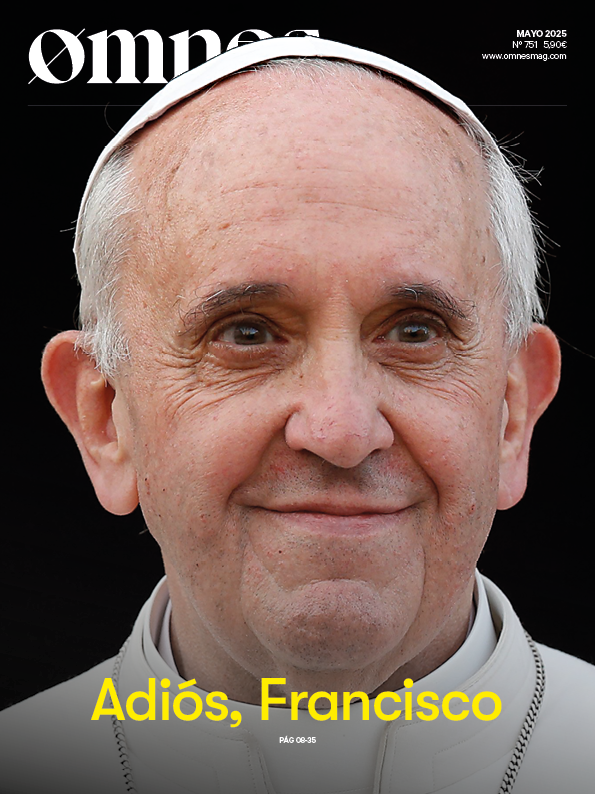A few days ago I was reading an interesting work by a professor of history of theology at Oxford University, Alister E. McGrath (1953), about Christian doctrine as a true laboratory of faith where to find new formulas to present Christianity to the eyes of men in a new and attractive way.
Undoubtedly, it is not enough to criticize what is wrong in society, in the cultural approaches of others or in the lives of others. We must enter the laboratory of Christian doctrine and search among the richness of Christian revelation for new approaches, attractive ideas: "If Christianity is to survive it will have to offer something that is personally transforming and existentially plausible, that allows for a meaningful way of life, if it is to appeal to the new cultural landscapes that await in the future" (Alister E. McGrath, The Laboratory of Faith, p. 212).
After the fall of Constantinople and the loss of the Byzantine Empire, many artists, sculptors, painters, architects, musicians and writers sprang up in the western world, mainly in Florence, Bologna and Rome, who, in the light of the richness of classical Greek and Latin literature, revived the idea of a civilization built on human dignity.
Man became the center of cultural, political and even religious life. Man, created and redeemed by God, free, could and should give glory to God. Followers of Marsilio Ficino and of the Neoplatonic current, which he tried to recover to put in dialogue with Christianity, Pìco della Mirándola and Gianezzo Manetti, recovered the Greek and Latin tradition, as well as the theology of Augustinian interiorization, focusing their interest on the definition of dignity associated with the incarnation and not so much with creation.
The anthropological conception adopted by these philosophical currents invited to contemplate the person in his capacity to live the union with God, but focusing not so much on the origin of the person and his dignity, but on his real potentiality, on the capacity to develop this faculty of mystical encounter with God.
Many treatises on anthropology were written in those years and, above all, man was placed as the measure of all things, as Leonardo Da Vinci would say. Precisely, "Dignity of man" is the title of a work by Pico de la Mirandola (1486) and also by Ferran Perez de la Oliva (1546).
The entry of the Renaissance and humanism into the universities led to a rectification of that pagan humanism widely spread in all the refined courts of Europe, with too many traces of Stoic philosophy and Machiavelli.
In this context of reform of the Church - which embraced the religious orders and congregations as well as the regular and secular clergy, the councils and, ultimately, all the people of God - an interior transformation was also promoted. This included the renewal of theology, law, spirituality, and biblical and philological studies, which would culminate in the new version of the Vulgate: the Sixtus-Clementine.
The summit of Christian humanism will be the documents of the Council of Trent and its pastoral expressions: the seminaries, the missal of St. Pius V and the Roman Catechism or the Catechism of parish priests.
Precisely, in a few months we will celebrate the V centenary of the beginning of the magisterium of Francisco de Vitoria at the Faculty of Theology of the University of Salamanca. Both he and his early disciples, Domingo de SotoMelchor Cano, will form a pleiad of teachers who will influence all the universities of Europe and America, bringing a single spirit and a new way of doing theology: that of the School of Salamanca.
Among other works that are being published, I would like to mention the one we have recently published with León Gómez Rivas, professor at the Universidad Europea en Sekotia Editionswhere its origin and development can be found in detail.
Francisco de Vitoria, through his chair in Salamanca, was the origin of a true school of theologians, many from the Order of St. Dominic, who faced the first human, theological and moral challenges of the time, caused by the irruption of Protestantism with its various currents, the discovery, colonization and evangelization of America, and the economic and social consequences of the first globalization.
It is interesting to dwell a little on the significance of the School of Salamanca, since it is commonplace to attribute to them the foundation of international law and to have opposed the titles wielded by Charles V for his presence in America, and little more.
It is a theological and juridical school because they based all their arguments, lessons and opinions on the concept of the dignity of the human person. Not only with the capacity to make moral decisions, but truly as children of God and endowed with juridical and theological personality. They promoted the rights of the Indians, both those who freely adhered to the Christian faith and those who did not.
The consequences are immense: the freedom and responsibility to face the economy and globalize it, the elimination of economic obstacles and fears to commercial activity. The respect for the laws of the market, the fair price, the effort to reduce the fiscal burdens of kings and municipal corporations.
Perhaps the reading of this book will serve to understand more deeply the characteristics of Christian humanism, which has practically reached our days, so that we can affirm that Vitoria's spirit has remained latent until now.
The School of Salamanca. When Spanish thought enlightened the world










